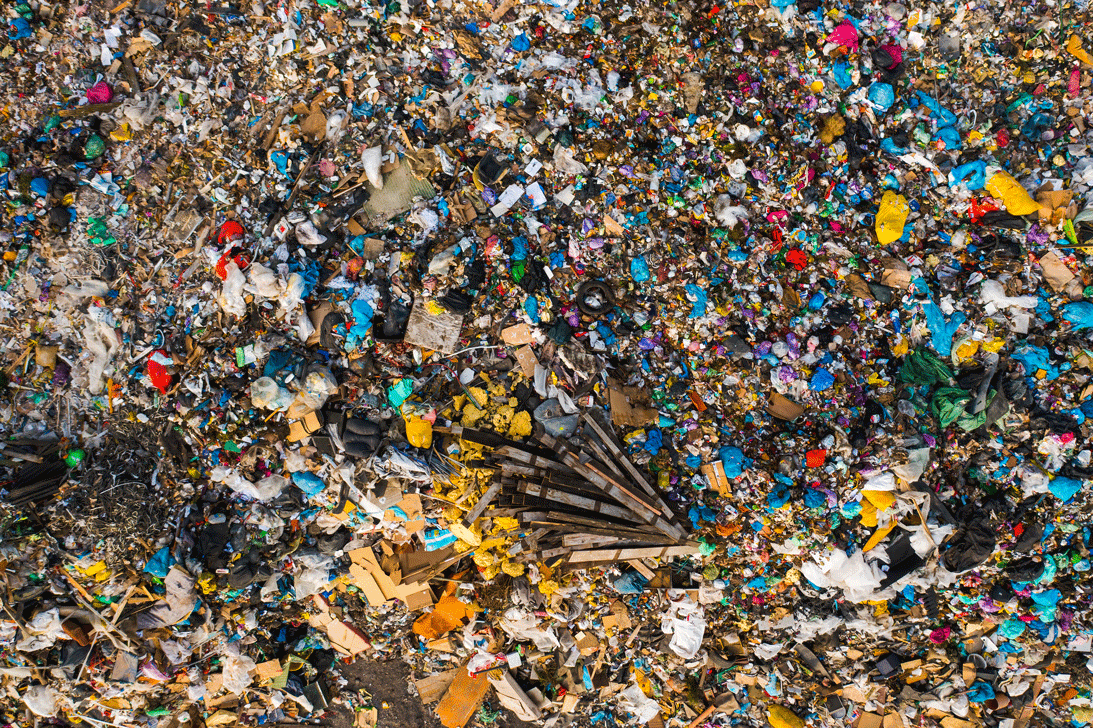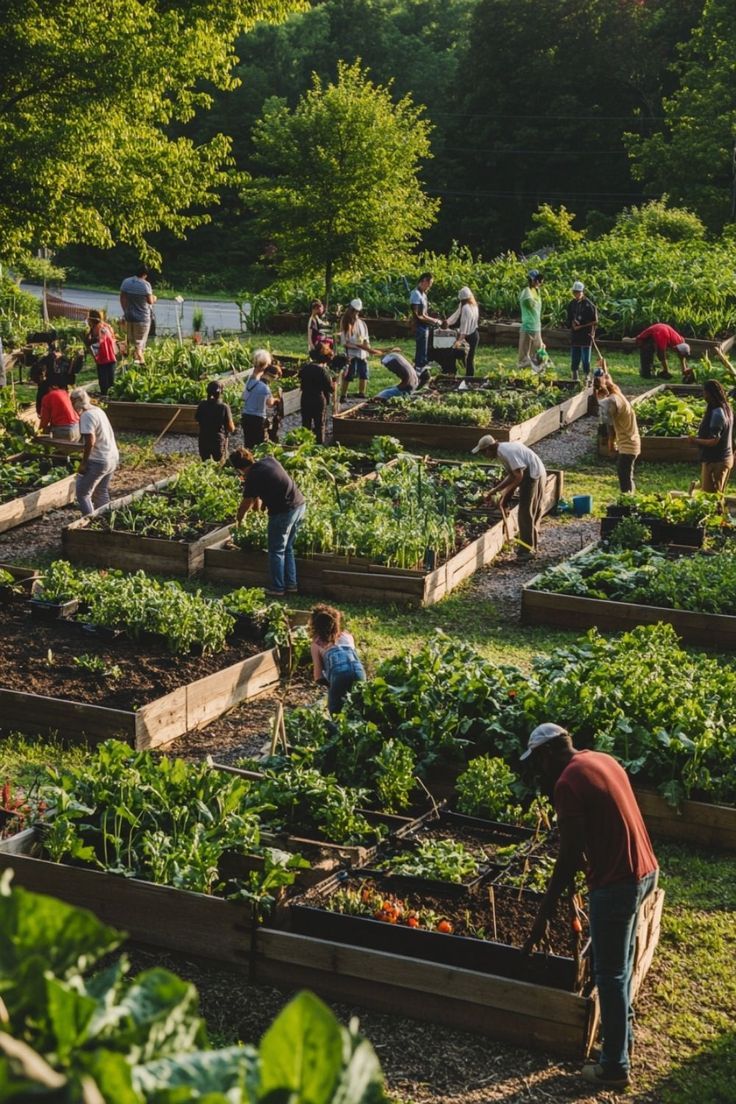Each year, over 460 million metric tons of plastic are produced, using a wide range of applications. However, some 20 million metric tons of plastic waste sink into the environment each year, a trend that is expected to worsen in the future.
Plastic pollution knows no borders, affecting all terrestrial, freshwater and marine ecosystems. This causes the loss of biodiversity and the degradation of ecosystems, while almost every sphere of life is affected, from human health to the economy and climate.
The sources of pollution are very diverse, including access from land, industrial activities and consumption. Meanwhile, plastic breaks down into microscopic fragments, adding to health safety and biodiversity concerns.
The impact of plastic pollution on:
Health: Microplastics have been found in human environments, causing public health concerns. The chemicals used in the production of plastics can cause serious health problems.
Economy: The negative impact on economic sectors such as tourism, agriculture and fishing can help raise awareness of the need for immediate action.
Biodiversity and ecosystems: The impacts of plastic pollution are evident in all spheres of ecosystems, including the most delicate ecosystems such as freshwater areas.
How to fight plastic pollution?
The two solutions to stop plastic pollution:
- First, produce less plastic and promote ways to reuse and refill plastic products, for example, using reusable bottles.
- Second, create a global agreement to stop plastic pollution worldwide. This would include strong regulations and national plans to manage and prevent plastic pollution, working together to solve pollution problems.






